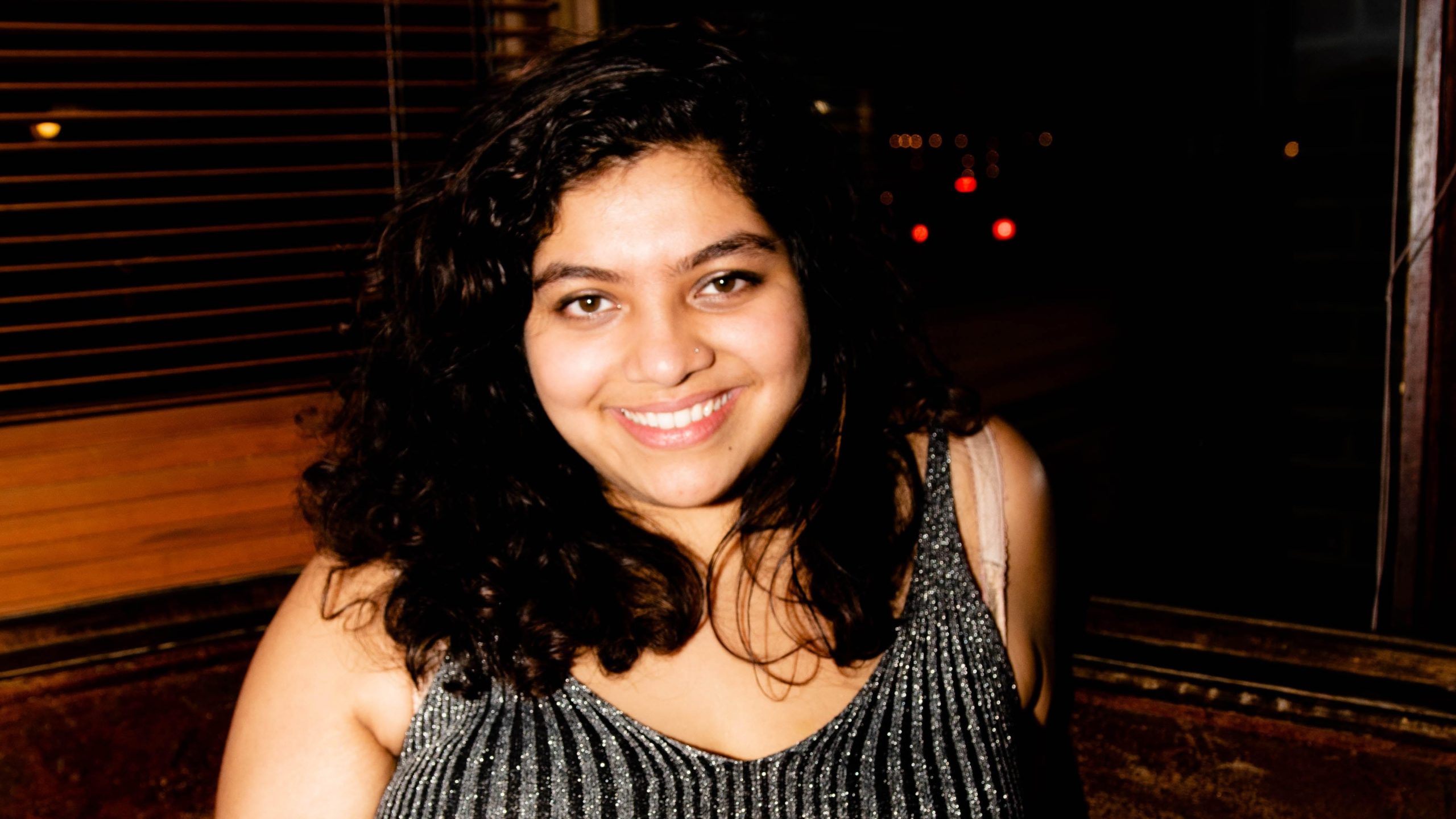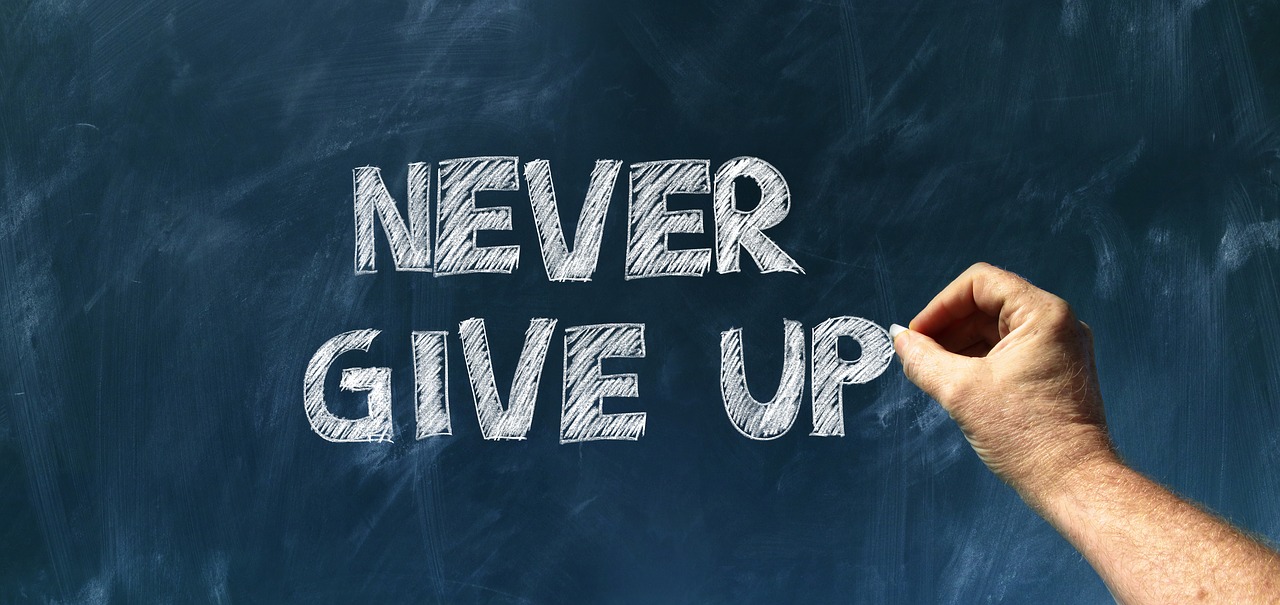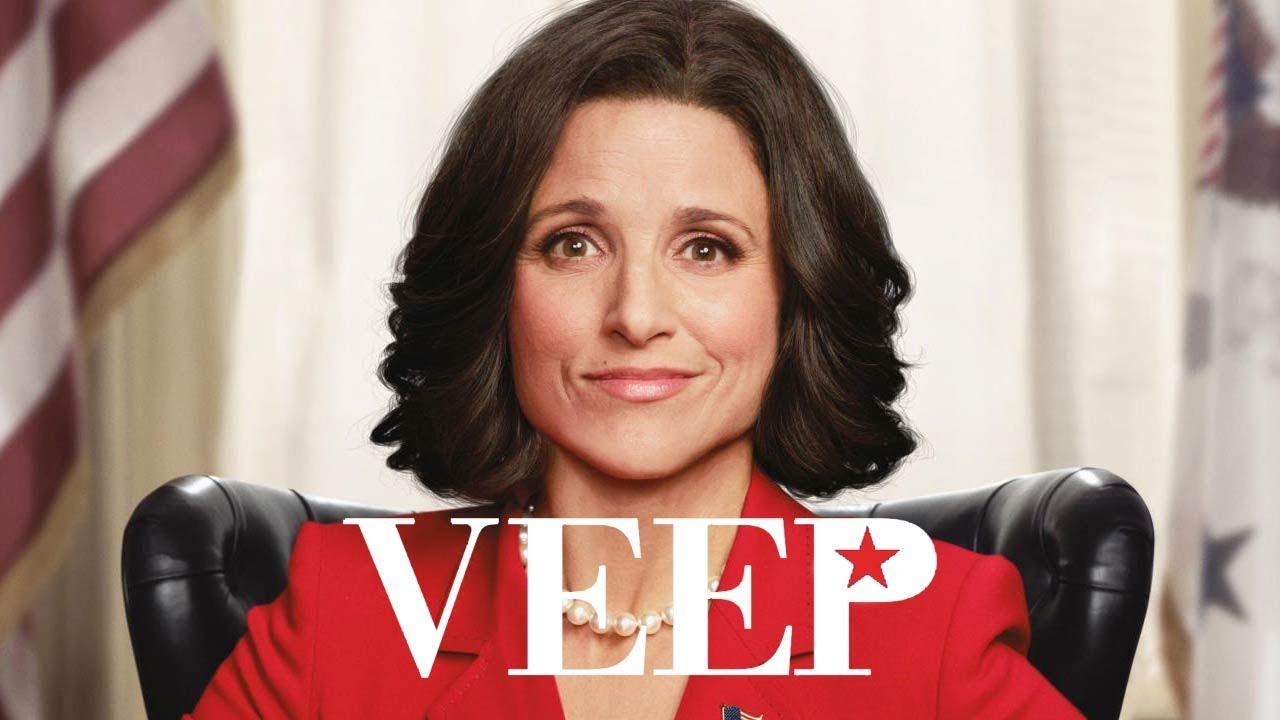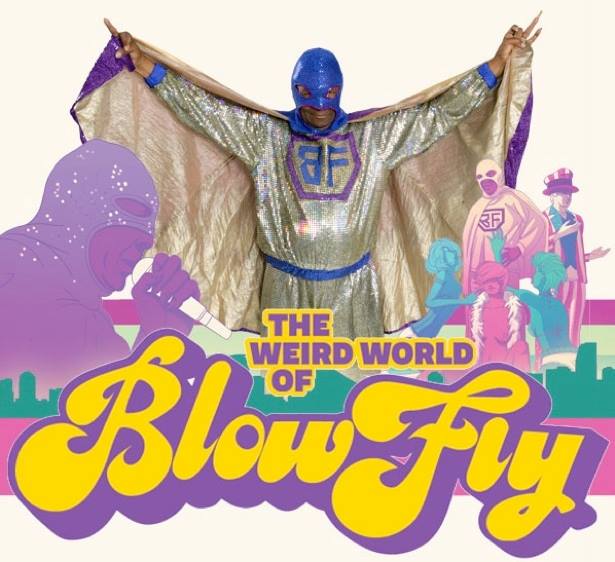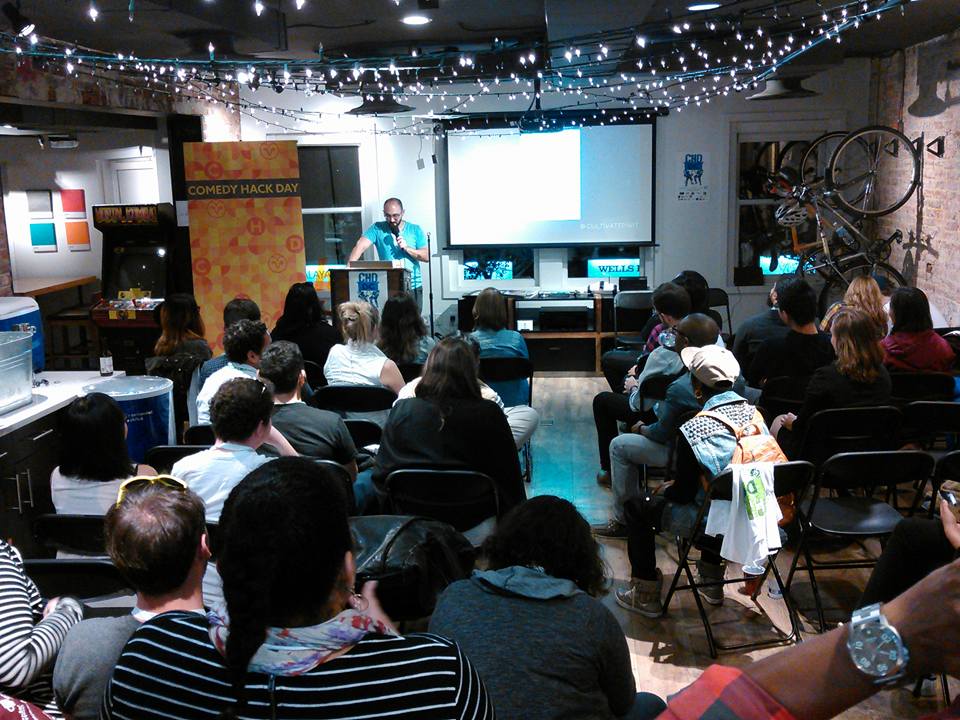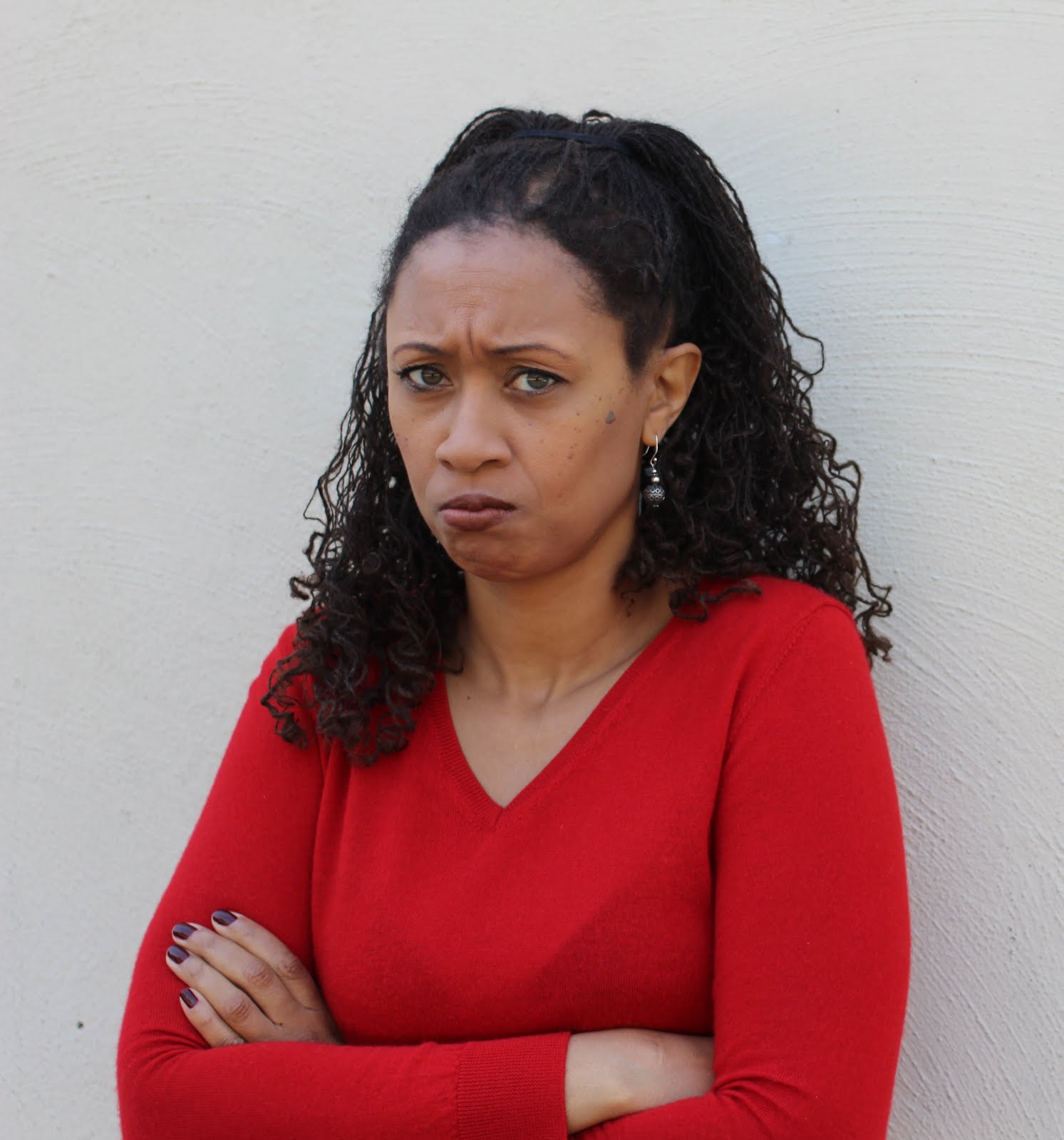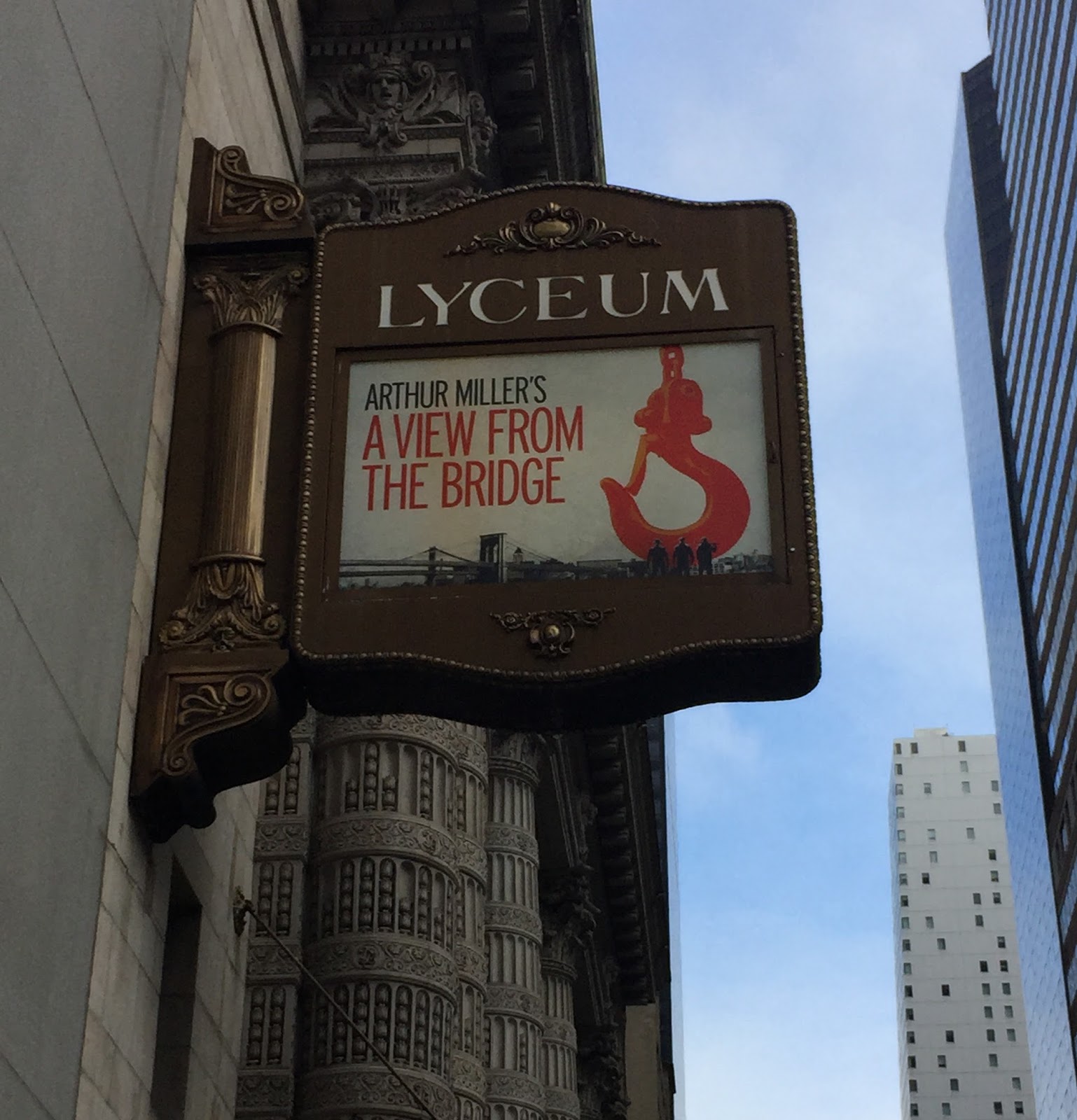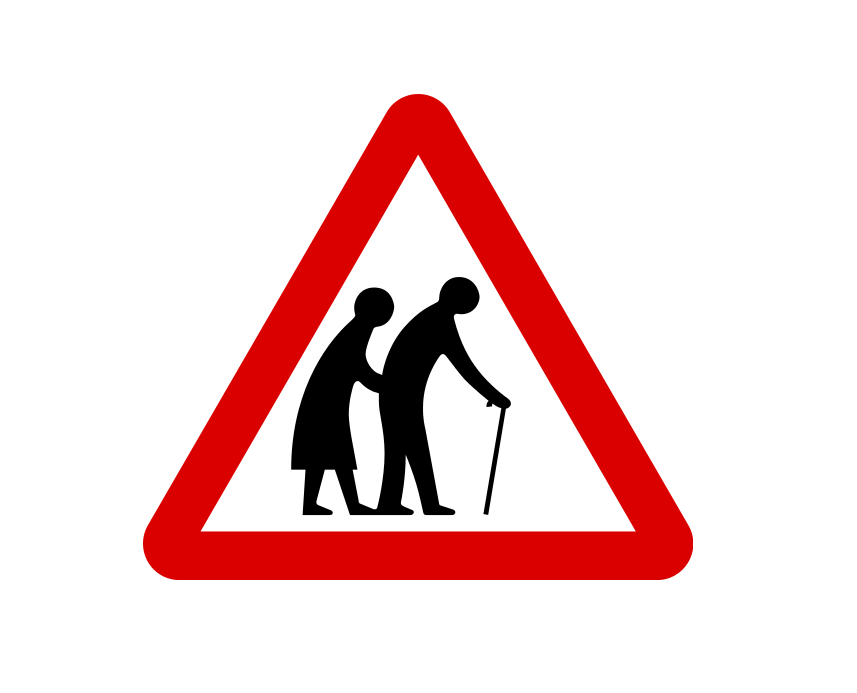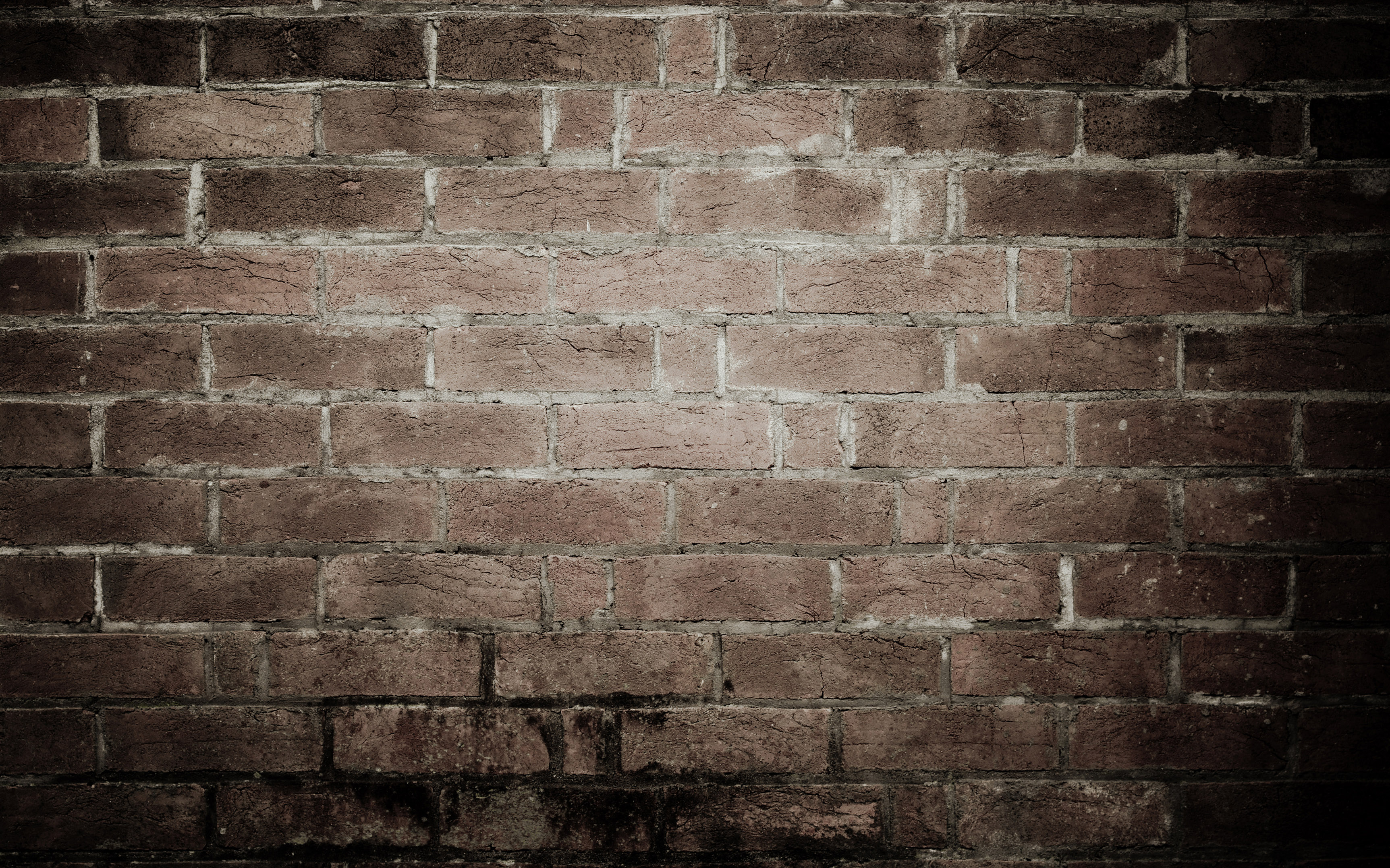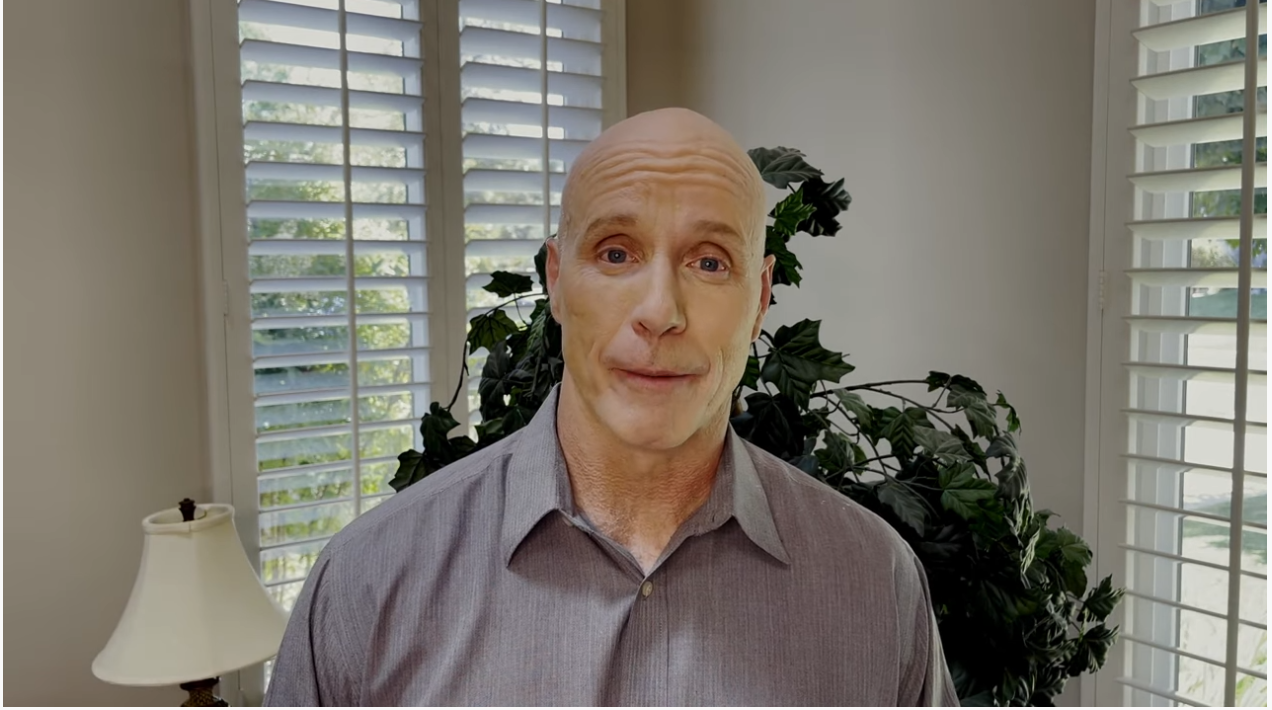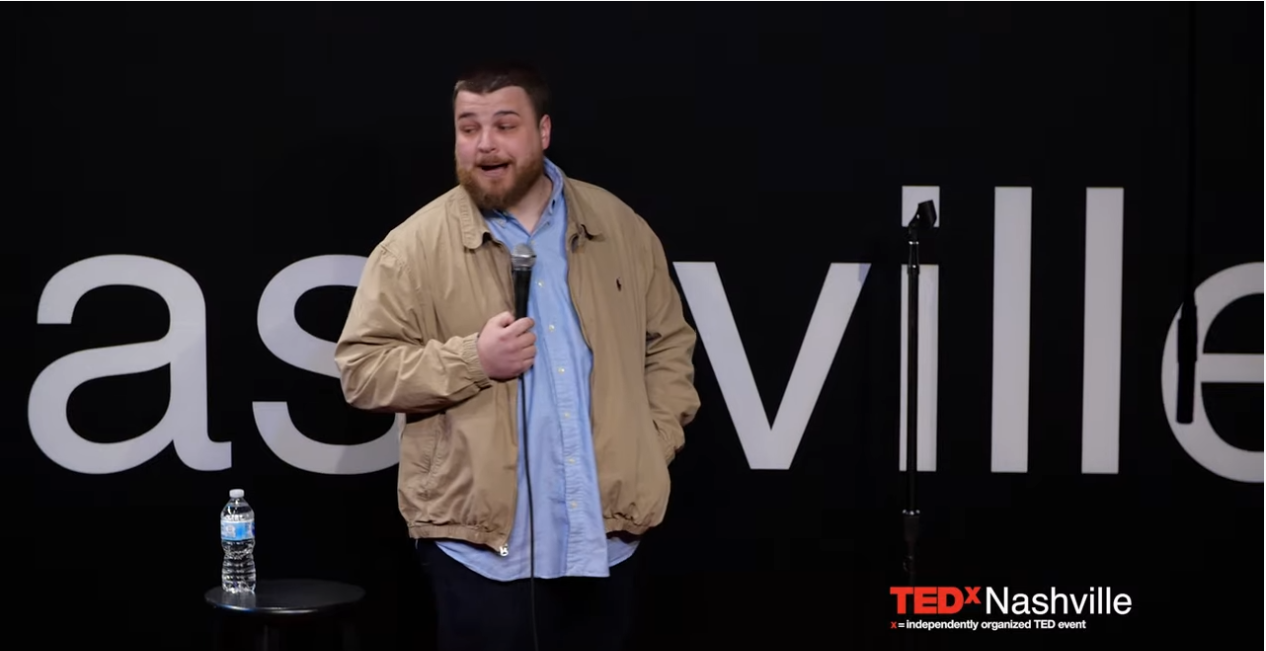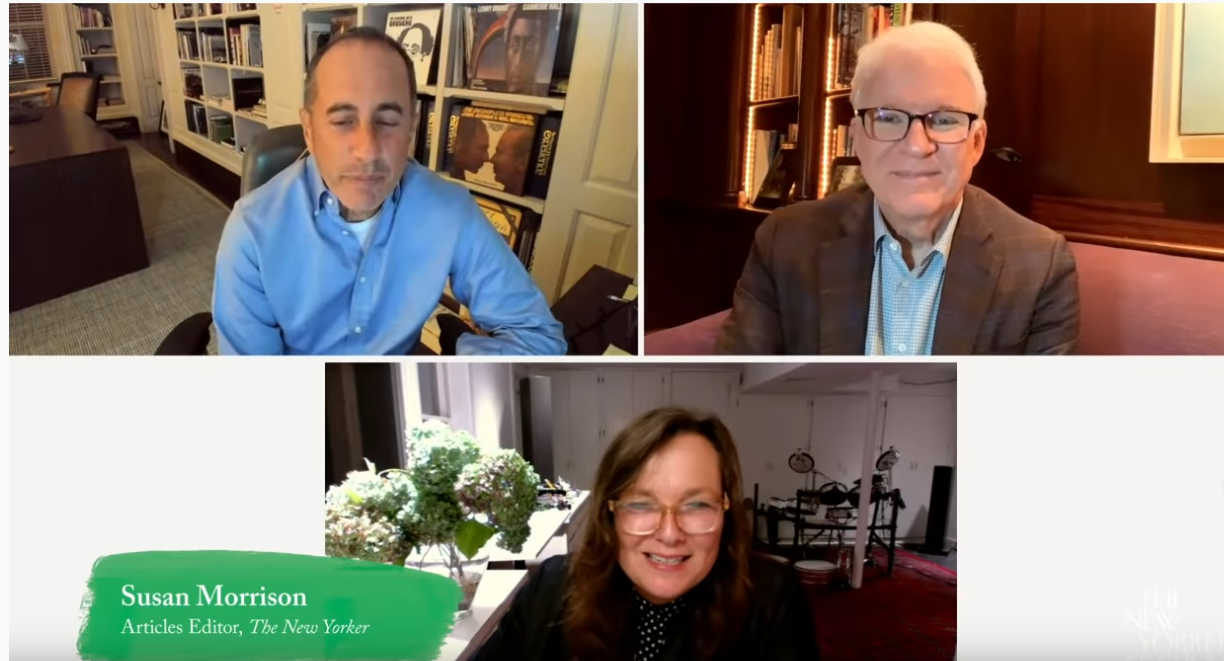David Advises Comics on Social Commentary, Transcending Barriers in Comedy
By Tasha Harris
Comedian Jim David will join a host of comedy stars such as Jerry Seinfeld, Ellen DeGeneres, Dane Cook and Tracy Morgan at the TBS Comedy Festival at Ceasars Palace in Las Vegas. David will perform on Comedivas with Kate Clinton and Suzanne Westenhoefer on November 20th. The 22-year veteran, who won his third MAC (Manhattan Association of Cabarets & Clubs) Award for Major Stand-Up Comic – Male this past May, talked to us about the art of social commentary and why comics should never attack an audience member.
How did you get started in stand up and what do you remember about that experience?
I got started in stand up because a friend of mine dared me to do it. I’d always wanted to but never had the nerve. Also, I had no idea how I could be a stand up. I wasn’t a character like Woody Allen, [Rodney] Dangerfield, etc. Then I saw Roseanne’s first stand-up spot on The Tonight Show where she was talking about herself and her family, and something clicked in my head and I thought, “Oh, I can just be myself.”
So I wrote a bunch of jokes about my family and tried it in 1986 at an open mike at this place called The Lotus Room, which was a Thai restaurant and cabaret around the corner from Port Authority. It had a bug zapper over the stage. The Thai customers in the back were talking all through the set, and I had an audience up front of about eight people. I was petrified, but It worked. I then opened for some singer I don’t remember. After that, I started doing regular sets at Comedy U on Grand Street which is long gone.
You once described writing as torture. What is your process for developing new material and how important is it for comics to tape their sets?
I just write down ideas and thoughts, and try do develop a series of jokes around them. I work best when I have chunks of three or more jokes about the same thing. It’s hard for me to just do one joke and then move onto another subject. I think it’s very important to tape your sets because most of my best stuff has come out of stuff I’ve just made up onstage and never would remember. Sometimes when there’s no pressure I talk to the audience and get ideas from them, whether I want them or not.
Which clubs in New York City did you develop and how long did it take you to find your voice?
My earliest clubs were Comedy U and Catch A Rising Star. I was always pretty comfortable onstage, but It took me years to really find my voice. Like 10. I still don’t know if I’ve really found it. My real voice is probably too pissed off for a regular audience to put up with for too long.
You have a versatile style in which you do one-liners, characters, political and social commentary and storytelling. Which forms do you find challenging and enjoy most?
The most fun is when I can tell a story about something that happened, a series of jokes that make up a whole story. Also, they last longer and take up more stage time, which is a bonus. I often despair about having to fill up an hour of stage time. I love it when I have 15 jokes on the same thing.
What advice do you have comedians who would like to develop their storytelling and social commentary skills? How can comics avoid being preachy?
It has to be funny lines and not just some statement like “I hate so-and-so. He’s an idiot.” You have to sneak the satire in through the back door. It’s better when you leave it up to the audience to figure out your point of view without banging them over the head with it. Ideally, you also want someone who might not agree with you to still laugh because it’s a funny line. I can’t stand preachy comedians. Bor-ing. If you really want to tell me your social views, print them on a pamphlet and pass them out after the show.
What was your most challenging show and what did you learn from that experience?
There have been tons. I learned never to get mad onstage and attack an audience member personally. You always lose. I was almost killed by some guy in the Mafia. A soldier on his way to Iraq waited for me after the show and wanted to beat me up. A man in Atlanta told me I was a dangerous man and a threat to the Constitution. Oy.
What is the most difficult thing about being a comedian, and what is most rewarding about it?
Far and away the hardest is the travel, staying in hotels, being alone 20 hours a day. It stinks and every comedian hates it, except the beginning ones who think sleeping with a different waitress in a different city every week is neat. The other thing is dealing with stupid audience members who don’t know or care what you’re talking about. You sometimes find everything you have avoided being staring right at you from the audience. You can’t pick your audiences.
The best things are when you kill and feel great after a show. I prefer theaters because the audience is always listening, and I can play big and have music and videos and things. It’s also nice to get a lot of money for just one performance.
It’s trendy for comics to market themselves as different based upon their gender, race, ethnicity, sexual orientation, etc. How can comics avoid pigeonholing themselves and transcend those barriers? And what is the key to your success?
I have never marketed myself as anything other than a comedian. You can get a certain group of audience to come see you if they know you are a certain type of comic, but I think it’s best to try to appeal to a wider audience, otherwise you keep yourself in a ghetto. No one wants to hear 45 minutes of gay, gay, gay or black black, black or Latino, Latino, Latino. There are a few who make a lot of money in the Christian market or the woman/mother market, but they haven’t broken out into the mainstream.
There seems to be a rush to fame with comics skipping crucial steps that prepare them for becoming professional stand ups. What do you think is lacking in comedy right now and what advice do you have for aspiring comedians?
Many young comics think they can get by on their looks and charm. A few can, but not many. Concentrate on being a good comedian and writing great material, stuff that only you thought up. If you really just want to act on TV or films, go do that and leave the stage time to the ones that really want to do good comedy.

